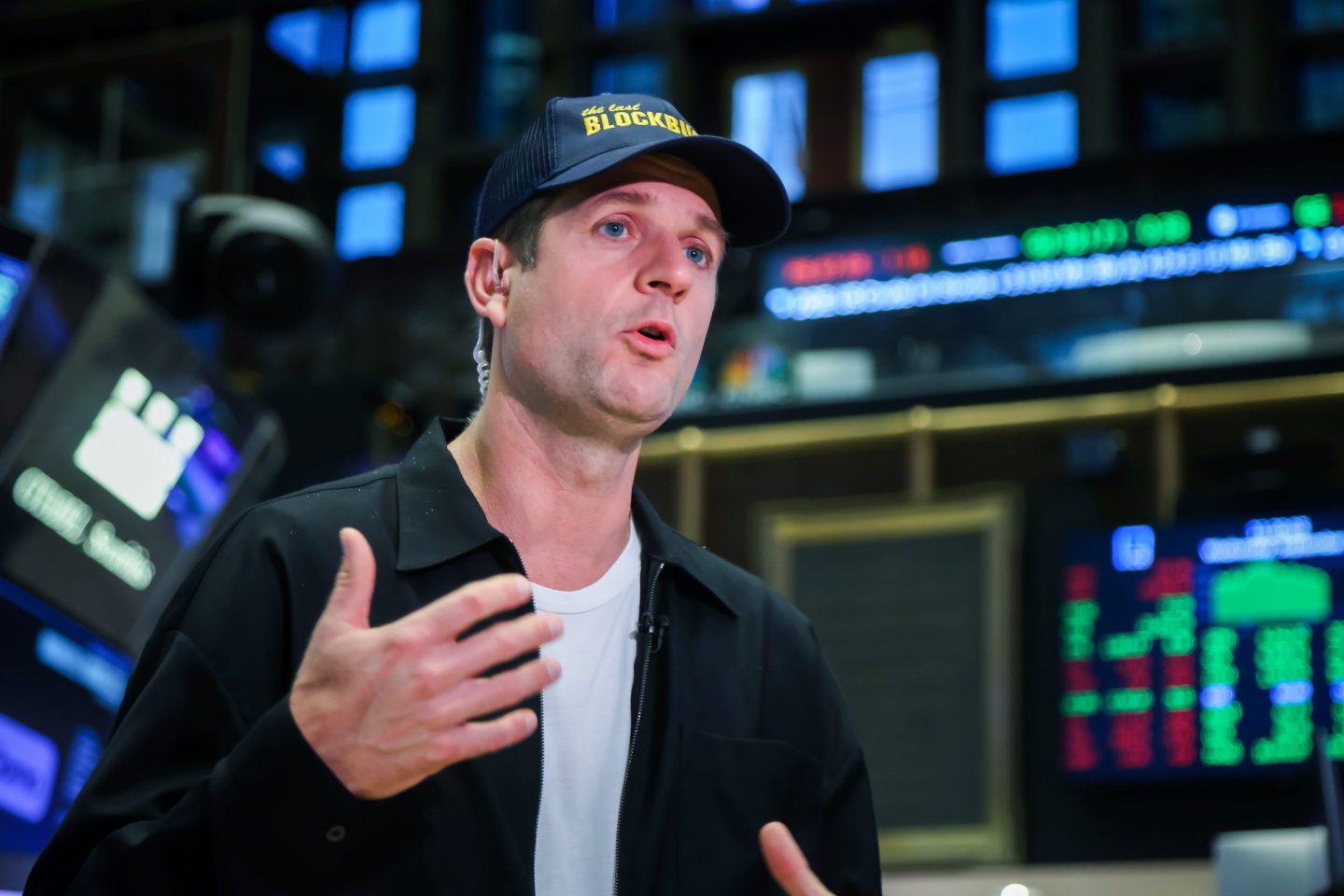- Klarna cofounder and CEO Sebastian Siemiatkowski’s path toward leading a $16 billion company is a rags-to-riches story. His career began by flipping Whoppers at Burger King, hitchhiking across the world, and living off of welfare. But without his struggles, he may have never sparked the idea for Klarna, which has now made 40 employee millionaires.
Investors are bullish about buying now and paying later. The Swedish fintech firm Klarna just went public and was the largest IPO of 2025 so far, according to Renaissance Capital.
But for Klarna cofounder and CEO Sebastian Siemiatkowski, the journey to success has been decades in the making—and couldn’t be further away from a straight line. In fact, it took him years to determine entrepreneurship might be his true calling.
It started at age 15, flipping Whoppers at Swedish Burger King. There, he picked up the basics of customer service—and began wondering why people chose to pay credit over debit.
Seeing no future in fast food, Siemiatkowski took jobs as a dementia caretaker, school teacher, and eventually an internet subscription telemarketer. It was the latter experience that sparked his interest in the hustle and grind culture—a mode the now-43-year-old said he connected with instantly.
“Sales is typically seen as this kind of sleazy, lowlife thing, but I find it beautiful,” he told Sequoia Capital. “I always loved polishing and refining my sales script; eventually I knew I got it perfect one day when I closed 16 calls in a row. This kind of thing—the art of convincing—it’s just a fascinating skill.”
But this was just the beginning of Siemiatkowski’s path toward leading a top fintech company that now boasts a $16 billion market cap.
The gap year that spurred the idea for a multibillion-dollar business
Siemiatkowski’s father always wanted his son to become a doctor; instead he enrolled at the Stockholm School of Economics to study business, but he was far from a star student.
Just two years in, he took a gap year with his business school peer, and fellow Burger King alum, Niklas Adalberth. It was a venture that led them to trying out bartending, (unsuccessfully) working on a Florida cruise ship, and waiting tables at a Swiss ski resort.
Still restless, the duo set off to hitchhike across the world. But a crisis arose when they missed the last monthly cargo ship to Los Angeles from Sydney, leaving them stranded.
“[It] really taught us the value of resilience,” Siemiatkowski recalled to Sequoia. “We had to spend a full month in a foreign city, unsure what we would do or how we would support ourselves. We eventually found cheap hostel beds and jobs as furniture movers. We proved to ourselves that we could be resourceful. No matter how bad things looked, we proved to ourselves that we could find a way to survive.”
A potentially worse crisis arose when they made it home and realized they had missed the deadline to reenroll in business school classes.
“This left a full year entirely blank,” Siemiatkowski said. “Here I was, thin and poor after a year’s travel, no job, no school, no support whatsoever.” Living on welfare checks, he landed a job at a factoring company, one that helps small companies cover unpaid invoices. It was this that planted the seed in 2005 for what would become Klarna’s approach to consumer payments: buy now, pay later.
Siemiatkowski started building Klarna when he was 23, and the brand has since become one of the top companies in the buy now, pay later industry that is a favorite of Gen Z.
Two decades later, with now 40 employees turned millionaires, Siemiatkowski’s path from burger flipper to fintech mogul shows that success rarely comes from meticulous planning—it comes from seizing the opportunities life throws your way.
Fortune reached out to Klarna for further comment.













